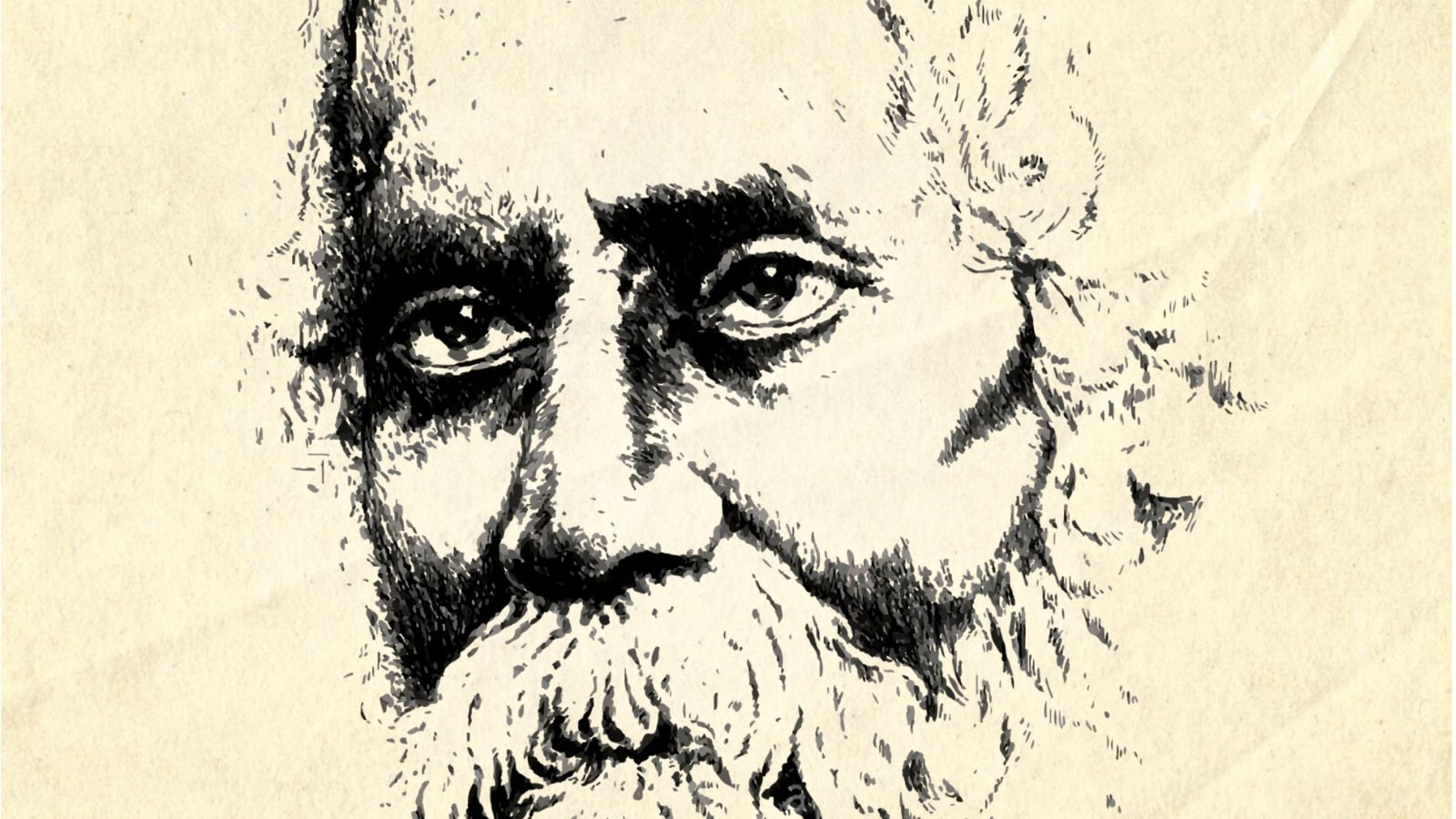Last Updated: August 06, 2022, 07:20 IST
Tagore was the first lyricist to win the Nobel Prize in Literature (1913), following the publication of his poetry collection, Gitanjali, in English in 1912. (Image: Shutterstock)
Tagore did not like the Western method of education. He founded Visva Bharati University with the Nobel prize money and taught his students in the open air
RABINDRANATH TAGORE DEATH ANNIVERSARY: The Bard of Bengal, Rabindranath Tagore, was a world-renowned poet, composer, playwright, painter and social reformer among other things. His collection of poems, Gitanjali, created a paradigm shift in Bengali literature, while his songs did the same to Bengali music. On the 82nd anniversary of his passing, we look at some lesser-known facts of his life.
Death
Tagore was born on May 7, 1861, and passed away on August 7, 1941, at the age of 80. He was diagnosed with severe uraemia and a blocked urinary bladder. Dr Jyotiprakash Sarkar and Dr Bidhan Chandra Roy insisted he undergoes surgery, against his wish, on July 30, 1941. Complications from the surgery led to his death a week later.
Significance
Whether it is the anniversary of his birth or death, Rabindranath Tagore’s life is worth celebrating. Not just literature, music or art, his philosophies have influenced generations of Bengalis and people across India.
Lesser-known facts
- Tagore was the first lyricist to win the Nobel Prize in Literature (1913), following the publication of his poetry collection, Gitanjali, in English in 1912. Irish poet W.B. Yeats wrote the preface to this edition of Gitanjali. The Nobel medal was stolen in 2004.
- Tagore did not like the Western method of education or teaching done inside rooms. He founded Visva Bharati University with the Nobel prize money and taught his students in the open air.
- In 1915, Tagore received a knighthood, from King George V, for his contributions to literature. In 1919, a British General named Reginald Dyer ordered his troops to shoot at a crowd of peaceful protesters in Jallianwala Bagh, Punjab, causing the deaths of close to 1000 people. Tagore reacted by renouncing his knighthood.
- The national anthem of India ‘Jana Gana Mana,’ adopted on January 24, 1950, constitutes the first stanza of Tagore’s Bengali-language poem, ‘Bharoto Bhagyo Bidhata’ (1911). Bangladesh’s national anthem, ‘Amar Sonar Bangla,’ was also written by him.
- Tagore endured the deaths of his mother, his sister-in-law, wife, daughter, father and son. He began to believe in a supreme deity he called “Jiban Devata” or the Lord of life; the source of creativity and spiritual bliss.
Read the Latest News and Breaking News here
For all the latest Lifestyle News Click Here
For the latest news and updates, follow us on Google News.

